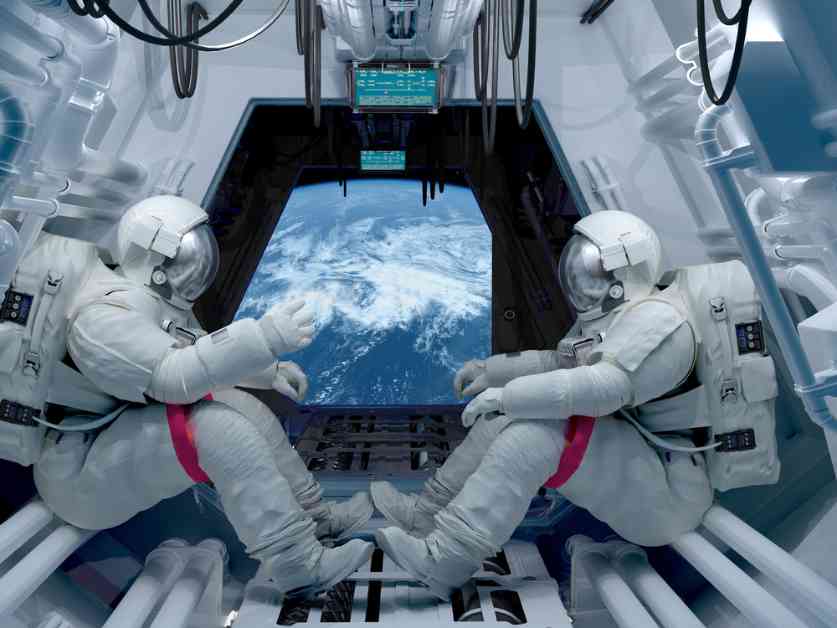About 600 individuals have had the opportunity to travel to space. Most of them were middle-aged men on short missions lasting less than 20 days. However, with the emergence of private, commercial, and multinational spaceflight providers, we are entering a new era of human space exploration. Missions now range from minutes to months, with a wider variety of people experiencing space travel.
As we look forward to returning to the Moon in the coming years, space missions will become longer and more frequent, including space tourists. This shift brings people of different ages, genders, ethnicities, and health statuses into the space environment. Because individuals respond differently to the stressors of space, researchers in space health are working to understand the effects of spaceflight on human health.
A groundbreaking study conducted by a team of researchers, including a radiation cancer biologist from Colorado State University, focused on astronaut Scott Kelly’s one-year mission on the International Space Station. Telomeres, which are protective caps at the ends of chromosomes, were found to lengthen during his time in space. However, upon returning to Earth, his telomeres shortened, indicating potential health implications.
Further studies on astronauts spending six months on the Space Station revealed similar trends in telomere lengthening during spaceflight and shortening upon return to Earth. A comparison with high-altitude mountain climbers showed similar changes, suggesting that factors beyond microgravity, such as radiation exposure, may influence telomere length.
Recent research on the crew of the Inspiration4 mission, which included civilians on a three-day journey, showed consistent telomere lengthening during the mission and subsequent shortening upon return to Earth. These findings suggest that even short space trips can impact telomere length and potentially long-term health.
Studies also revealed increased levels of telomeric RNA in astronauts, indicating telomere damage during spaceflight. Oxidative stress from space radiation likely contributes to these changes, highlighting the importance of understanding telomere responses to space travel for future long-duration missions and potential colonization of other planets.
In addition to human studies, research on plants flown in space showed no significant changes in telomere length but increased telomerase production, suggesting plants may be better equipped to withstand the stressors of space than humans. This finding underscores the essential role of plants in sustaining human life during long-term space missions.
Overall, ongoing research on telomeres and aging in space provides valuable insights into the health effects of space travel and the potential challenges and opportunities for future human exploration beyond Earth. As we continue to study the impact of spaceflight on biology, we move closer to understanding how humans can thrive in the extreme environment of space and potentially colonize other planets.






